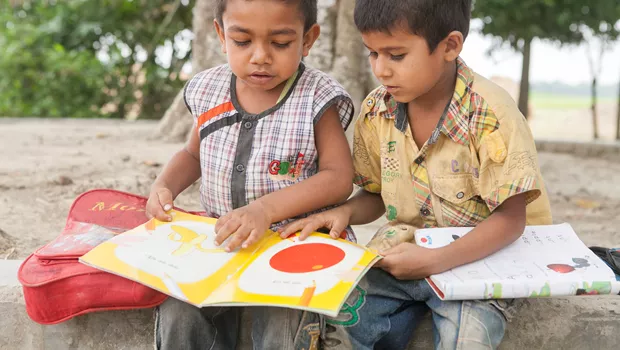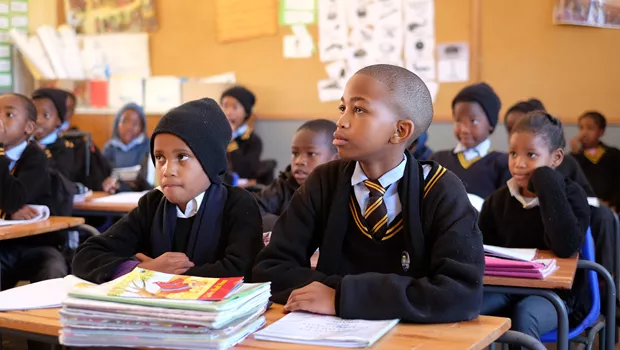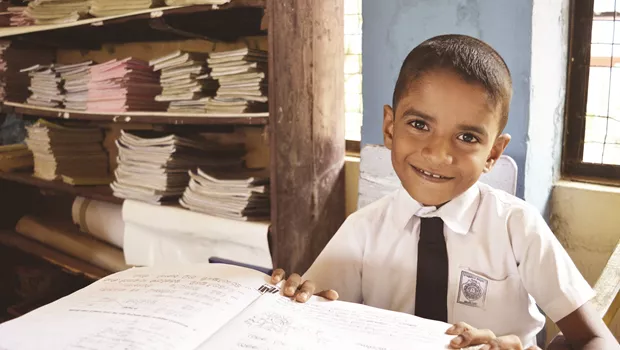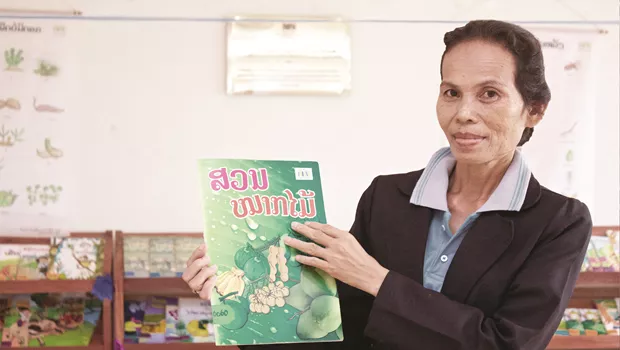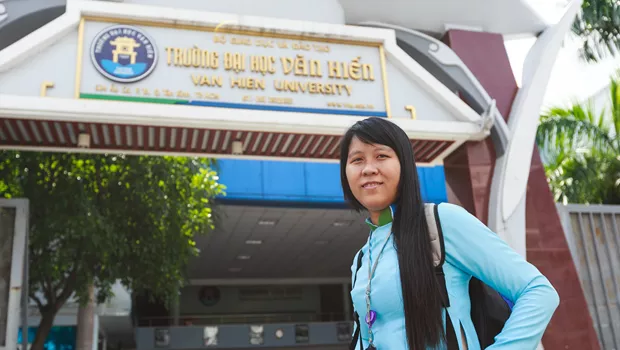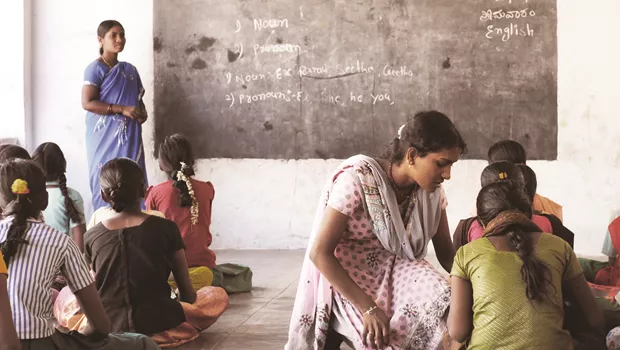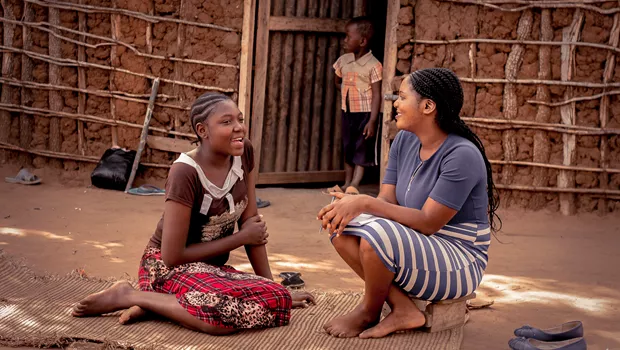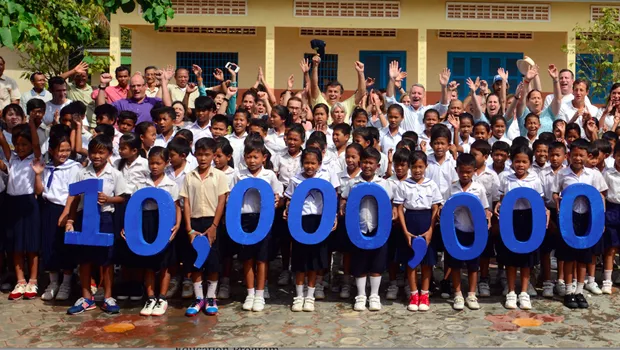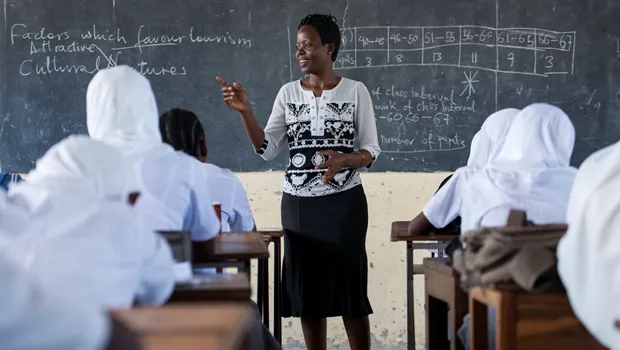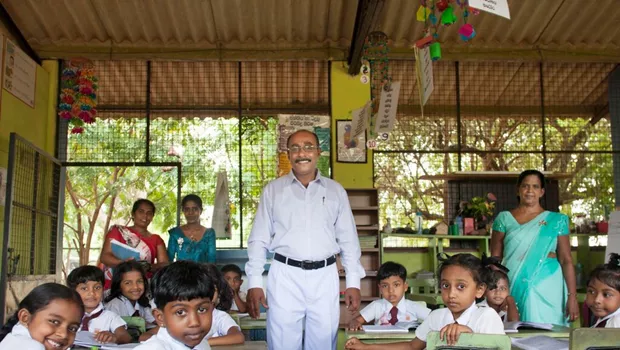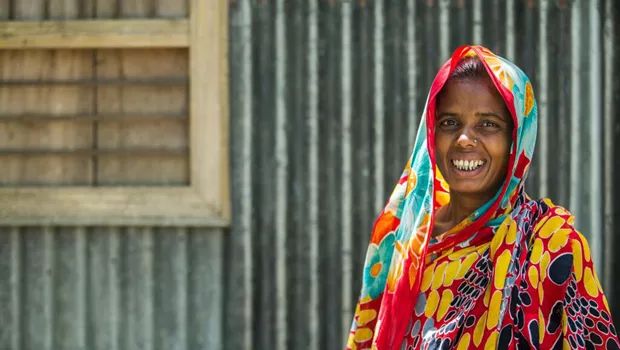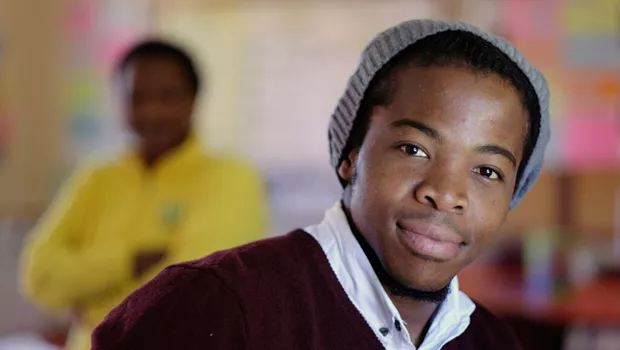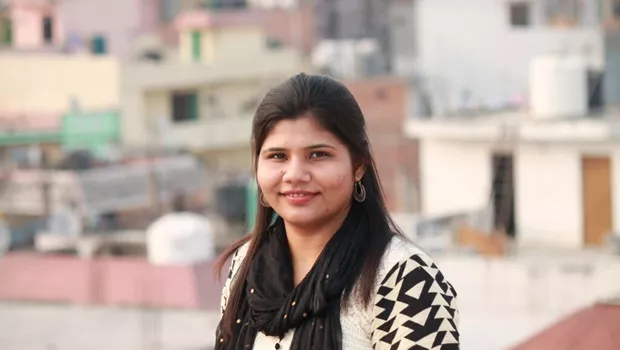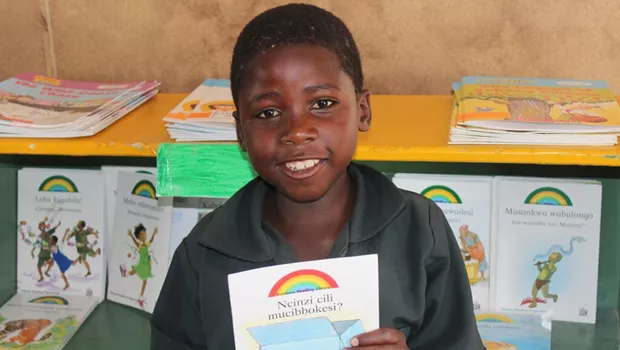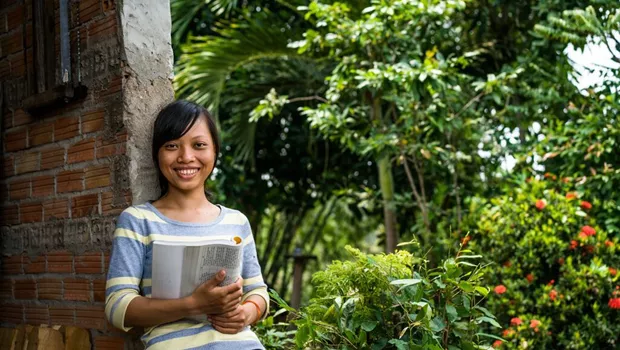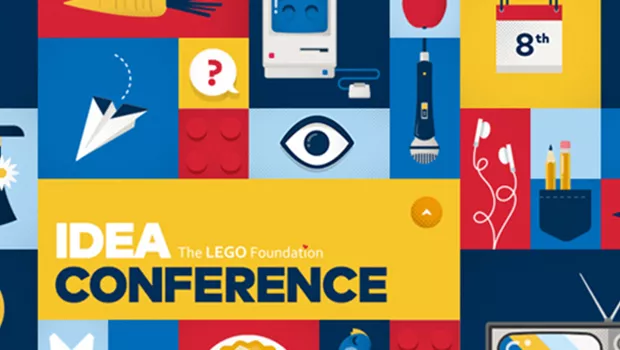As global leaders look back on the goals we set in the year 2000 and begin to shape new objectives for the future, I hope we take time to dig deeper into the issue of gender equality. The current proposal from the United Nation’s Open Working Group is to move from promoting gender equality and empowering women into achieving gender equality and empowering all women and girls. But beyond strengthening the language, not much is changing, and while I applaud all of those working on important global commitments, I want to question: do we know what this really means?
What is an empowered girl? An empowered woman?
“Empowered” is a buzzword that means different things to different people all over the world depending on their situation. In my opinion, it has become an overused cliché.
The classic dictionary definition of empowerment is making someone “stronger and more confident, especially in controlling their life and claiming their rights.” But how do people become stronger and more confident?
I believe that the first step is ensuring they have the right to choose.
Choice in this context relates to many things, but as it related to my career, my right to choose meant something between Marlo Thomas’s Free to Be…You and Me and Sheryl Sandberg’s Lean In. Choice allowed me to become a leader in the workforce and fight for my place as a woman, whether it was during my time in the business world at Goldman Sachs or Unilever or when I co-founded the global nonprofit, an organization that focuses on ensuring that primary school children can become independent readers and girls complete secondary school with the skills necessary to negotiate key life decisions.
My choice was influenced by my supportive parents, my valuable education, and my surrounding environment, which recognized and nurtured my ability to choose my own destiny. This is not the case for so many girls who live in low-income countries — girls like Sin from Cambodia, who joined Room to Read’s Girls’ Education Program as a struggling student and was about to drop out of school when her single mother became sick. Once a part of our program, Sin received mentorship and support from Room to Read during this hard time. She developed a strong sense of self and graduated secondary school. With Room to Read’s help, Sin was able to confidently face the difficult question, “What’s next?” She decided to continue her education, studying two additional years to become a teacher.
In so many circles, a girl’s success is highlighted by indicators that are valued in the more developed world. For example, the United Nations Millennium Development Goals #3 target uses a rise in the share of women holding seats in parliament and the number of women working outside of the agriculture sector to demonstrate success of promoting gender equality and empowerment.
No one more than I wants to see more women in parliaments, more women presidents, more women CEOs, more women bankers and astronauts.
But I also want to see more women who can choose to marry when they want, have kids when they are ready, and identify the career path that best meets their dreams — whether it is to become a vegetable seller or tailor after high school, or an entrepreneur and start a small tea shop, or continue on to tertiary education. I consider all of these women leaders in their communities. When young women have a strong sense of their own worth, can imagine alternative futures for themselves, and make their own choices, then that is success.
The ability to make these choices is not just about getting an education and graduating — even though we know that wages increase by 15 to 25 percent for each year a girl stays in secondary school. Being able to make these choices is a delicate equation that combines many critical pieces a girl needs to choose her own life path. First she needs an academic education. Then she needs critical life skills and mentorship that help expose her to different options and gives her the confidence to act on it. Finally she needs the understanding about how to take advantage of her surrounding opportunities and manage those decisions with learned skills like communication and goal setting.
All of these added together mean a girl is able to make educated choices. Without that ability, there is no empowerment.
So as the world watches those of us in Davos at the World Economic Forum discussing and debating gender parity, and as many come together throughout this year as leaders in international development, business, government, civil society, academia, and media to close out our old goals and launch new ones, I urge us to not just insert the term “empowerment” because it’s trendy and feels good. I urge us to think about the women and girls across the world: Rotha from Cambodia, who works in a local fishery; Shabnam from India, who is breaking the stereotypes in her patriarchal community and is in her final year of engineering school; or Miriam from Zambia, who saw how important mentors were in her life and chose a career path to help others like her. We need to realize that these girls were able to make these life decisions for themselves because they used their voices and learned skills to choose — and were confident and educated in that decision.
That is what I call empowerment: it is not something that is given to a woman or girl by an external party — but something that a woman or girl discovers within herself. We as well-wishers and advocates for changing the status quo can help provide skills as well as a more conducive environment for her to arrive at her chosen destiny.
Erin Ganju is Co-Founder and Chief Executive Officer of Room to Read, a global organization that transforms the lives of millions of children across 10 countries in Asia and Africa by focusing on literacy and gender equality in education. Working in collaboration with local communities, partner organizations and governments, Room to Read develops literacy skills and a habit of reading among primary school children and ensures girls have the skills and support needed to complete their secondary education. Room to Read has impacted the lives of nearly nine million children and will reach 10 million children in 2015.
Erin is also a Schwab Foundation Social Entrepreneur of the Year 2014 Awardee. The World Economic Forum’s Annual Meeting 2015 will take place from 21–24 January in Davos-Klosters, Switzerland, under the theme “The New Global Context.” You can find out more about the meeting here.
Invest in children's education today.

